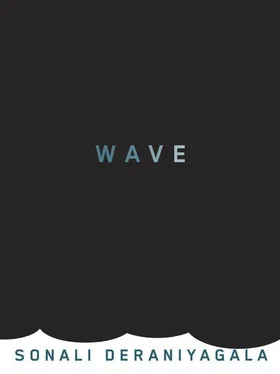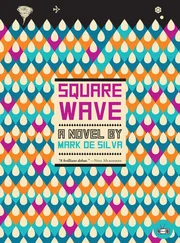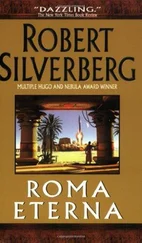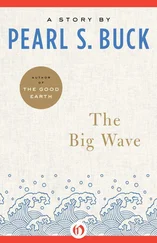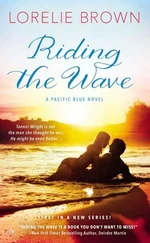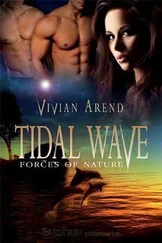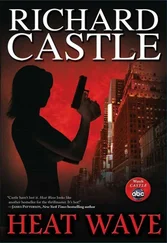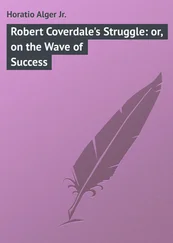But for Steve’s family it was. Steve’s father was born in Rangoon and lived there and in western India until he came to England with his parents and three brothers in 1946, when he was ten. According to family lore, they were the first Lissenburghs to return to Europe after one Wilhelm Lissenburgh left northern Holland and sailed on a merchant ship to South India in the mid-seventeenth century. When they settled in England, in a small seaside village near Bournemouth, Steve’s grandmother and her sisters drove long distances searching for spices and ingredients for making balachang , a tangy prawn paste. My mother-in-law, Pam, when she married, quickly learned to eat spicy food and to cook chicken curry. So Steve grew up on curries she made using Bolst’s Curry Powder, which came from Bangalore in a tin and which his father relished when he came home at the weekend from Italy or France.
Vik and Malli liked stories about Granddad being a lorry driver and about Steve’s travels in the lorry when he was a boy. We’d linger over lunch as Steve described how he slept in a bunk inside the lorry and did his homework as they drove through long tunnels in the Italian Alps. Vik was impressed to learn that Steve even helped Granddad unload his enormous container. Mal was incredulous that sometimes there were only tomatoes in there, so many tomatoes, that’s unbelievable. Or rather, unbel eee vable, in Malli-speak.
These conversations inevitably ended with Vik complaining about Steve’s chosen occupation. He was peeved that Steve had really bungled this. “Why can’t you be a lorry driver? What’s research? I hate research, it’s so boring , Charlie’s dad’s a policeman, that’s even better than being a lorry driver. Isn’t it? Isn’t it?”
He’d stop grumbling when I gave him his pudding. In the autumn I often made apple-and-blackberry crumble. The two apple trees in our garden go wild with fruit. We sometimes picked blackberries when we went walking in the woods, and Steve instructed the boys to only pick the clusters hanging high in the bushes. “My granddad called the ones lower down pissed-on berries,” he would tell them, and they liked that. Later in our oven those urine-free blackberries burst under the crumble and trickled like purple lava across that buttery crust.
In our house, Malee was the best pudding maker. She was much more than a nanny to us, she was our friend. And she spoiled us with her delicious food. She made blueberry muffins with buttermilk and baked bread buns with grated coconut and palm treacle inside. Steve and I returned from work to the warmth of freshly steamed string hoppers and the heady aroma of blackened tuna curry bubbling in a clay pot, thickly spiced and sharp, with lots of goraka , a dried, very piquant fruit.
Steve loved cooking seafood. In London we’d get live lobsters from the Wing Yip supermarket off the North Circular Road. I tried not to watch as the man behind the counter took out a couple of live lobsters from a tank and killed them and chopped them and cracked their claws for our stir-fry. In our kitchen that night, chunks of lobster turned crispy in a sauce of black bean, ginger, and shallots and red chili flakes. If the claws were well cracked, the liquid seeped in, and the meat inside was delicious, and Steve helped the boys dig it out with chopsticks. I would tell them that when I was their age and went on holidays in Sri Lanka, my parents bought gunnysacks filled with live crabs from the market, and we’d have crab curry for lunch, very, very spicy. And that the grown-ups always drank fresh coconut toddy before lunch. And that the toddy smelled like puke, so my cousin Natasha and I sat on the steps of our rented bungalow crying and retching from that stink. The boys were gleeful at the thought of our distress.
Our quest for fish sometimes took Steve and me to Billingsgate Fish Market at dawn. Our friends thought we were quite insane, waking up at four a.m., having Malee sleep over so we could leave home without the children. “Why can’t you just go to Waitrose?” they’d ask. The sparkle of big fish markets they just didn’t get.
For us it was bliss. We sloshed about from stall to stall on those nippy mornings, drinking coffee that tasted like barely brewed tea, from plastic cups. We’d stop and admire Devon crab in their gleaming purple shells and olive-skinned John Dory with disgruntled deep-sea faces and clawlike spikes on their dorsal fins. We searched for the sea bream with the brightest eyes and flesh that sprang to the touch, and for the plumpest monkfish tails. We bought squid by the boxful, and whole cuttlefish shining in their pinkish cloaks, and tuna, and sometimes swordfish. When we got home, Steve would try to ask Malee nicely if she could clean the squid and cuttlefish, and she would tell him to get lost. If he was mad enough to go out in the wee hours and stink the house out with tons of fish, he could clean it himself. So Steve got further delayed on that report for the Department of Work and Pensions and labored at the kitchen sink, his hands covered in cephalopod slime.
The boys were curious about our early-morning excursions. Did we see a whole swordfish at the market, they’d ask, big sword and all. I had told them that when I was a girl in Sri Lanka, I had a swordfish blade with spikes sticking out of it, I kept it on the bookshelf in my bedroom.
I was about twelve or thirteen when I got that blade. We were holidaying in Wilpattu, a national park in the northwest of the country, and had driven for hours on bumpy dirt tracks to a fishing hamlet deep in the jungle. My parents, uncles, and aunts were in their usual search for lobsters and crabs. The swordfish blade was perched on a broken-down catamaran, and I was looking at it with interest when a very handsome young fisherman came up to me and told me I could have it. Just as I was beginning to enjoy what I thought had been an unnecessary crab-shopping trip, my uncle Bala marched up and asked the young man if he wanted to marry me, boasting my virtues, I always came top in class. The poor boy hurried away, shocked and embarrassed. Someone did take a photo of him, though, bare-chested, wearing a blue and yellow sarong and a shark’s tooth tied on a black string around his neck. Some years later I found that photo in a book I’d taken with me when I went to Cambridge, having failed to make it as a child bride. That photo is still in a box at home in London. I once showed it to the boys. “Much better looking than Dad, no?” I asked. Vik was affronted, “No way!”
I don’t want to remember all this. Not alone. I want to fondly reminisce with Steve. It will be one of those days when we’ve stolen out for lunch. We’ll be at La Bota in Crouch End, where the charred baby octopus is so succulent. We didn’t get much done on those days we both worked from home. Steve would constantly pop his head around the door of whatever room I was in (“Elevenses?”) and we’d sit in the garden and have tea. Or he’d call me into the study (“Remember this?”) and play something like that Elvis Costello track he introduced me to in Cambridge. Steve did do a very good Elvis Costello impersonation at the time. That song was “Alison,” Alison is an anagram for Sonali , he told me proudly in his college room, in the days when I didn’t take much notice of him. “Hmm,” I thought when I first heard those lyrics: “ ‘I heard you let that little friend of mine, take off your party dress.’ ”
After our wasted days, Steve worked late into the night, two, three a.m. was common. But we always managed an unhurried dinner, just the two of us, once the boys were in bed. I can see Steve now, cooking dhal, a bottle of Chimay in his hand, listening to Coltrane as he watches over the bubbling oil, waiting for the mustard seeds to pop. Eerie but flawless, Steve would say about Coltrane’s Blue Train . While cooking, he’d leap and dunk a basketball into an imaginary hoop. Come on, play basketball with me, he’d constantly say, and I’d raise my eyebrows and put my feet up on a chair. I was equally impatient when he spoke about his nostalgic love for strawberry-flavored Angel Delight.
Читать дальше
